(1) A letter from Lin Cang County and its’ consequence
Bai Xuo Qiang is a former chief of the Kokang Autonomous Region and he received power from the Myanmar Military and the Union Solidarity Development Party. He was once the commander of the MNDAA (Kokang group), but after the 2009 incidents in Kokang, a crackdown led by Min Aung Hlaing across the region in which Peng Jia Sheng and his group were expelled from Kokang, Bai and his split-off group became a Broder Guard Force under the command of the Myanmar’s Military.
Bai later became the head of the Kokang Autonomous Special Zone. He abdicated political power, but his influence has permeated throughout Kokang through his relatives and disciples, who are represented in the elites from the administration and the security sector to the emperor of the business community. His son Khin Maung Lwin, for example, is the leader of a militia group, and His mentor Yang Mou Lian, Yang Ho Bloc, is a top tycoon in Myanmar. The businessmen, who were arrested in China a month ago and are allegedly linked to online fraud and gambling, are under Bai’s thumb.
Recently, the governor of Lin Cang (a county government in China adjacent to the Kokang region) sent a letter to the chief of the Kokang Autonomous Region asking him to investigate the mass killings on October 20. The letter emphasizes that so many Chinese citizens were killed in such murderous and tortured incidents under the supervision of Ming Xue Chang, a follower of Bai Xuo Qiang.
As for the letter, it makes it clear that the idea of being the rulers of Kokang under the SAC regime, investigating this incident as soon as possible, taking action and protecting PRC citizens in the Kokang area seems more like an ultimatum.
We do not yet know how the rulers of Kokang SAZ would deal with these demands. But on October 20, 2023 evening, there was a shootout between the neighboring UWSA-Wa rebels and the Kokang border guard troops when the UWSA tried to enter the Kokang region to arrest four families to shut down online fraud centers and arrest people wanted by China.
We don’t know these incidents in detail and a letter from Lin Cang county’s consequences__ but fighting outburst led by the ethnic Chinese rebel group MNDAA Kokang.
Two of the factors that justify waging attacks are to restore peace, law, and order and to combat online scammers.
Both are congruent with China’s policy in regional affairs. Some sources from Yunnan said the PRC has no confidence in Min Aung Hlaing, at least he has no strength in fighting fraud. Another source said the PRC has long wanted to replace all the rulers of Kokang, either the Bai group or the Yang Mou Lian group. At the beginning of the current operation led by the MNDAA rebels in Kokang, some employees of the Chin Shwe Haw branch of the Bai Green Group were arrested. In fact, the Bai Green Gambling Group is owned by the Bai Xuo Qiang Group.
(2) Why Bai or Yang all of the pro-SAC blocs are important for the Junta Chief?
The Kokang elites are clever and enterprising by nature. Yang Ho, for example, headed Mottama Holding, which owns the M Tower, the tallest and most opulent building in Yangon. He was also placed on the sanctions list by the United States because of his links to North Korea. The pro-military groups that followed Kokang tended to prop up regimes and junta. Among them, Lo Hsing Han was the most prominent figure. He was a heroin king and also a business tycoon. When uprisings broke out in Shan State, he managed to amass billions of dollars by forming a militia group loyal to the dictator Ne Win. Ne Win covered up Lo’s drug trafficking and drug production. After the 1988 coup and the SLORC regime era, his money flowed into the SLORC coffers through money laundering.
At present, Kokang leaders under the SAC are involved in numerous illegal activities. But these are the regime’s key alliances to get out of their bad and ailing positions in various sectors after the 2021 coup. So, Min Aung Hlaing does not want to replace them or hand them over to China.
If the Bai or Yang Mou Liang group continues to hold power over the Kokang, it will not be conducive to the stability of the Sino- Myanmar border.
It is not a good outcome for the Kokang people and the resistance forces of the Kokang, MNDAA, and probably also for the local governments of China’s neighboring country, because the Kokang SAZ authorities have not been in control of the whole region since Bai Xuo Qian took power, so mafias and illicit activities have emerged. There is no law and order at all.
Note* The views expressed in this article are the author’s own.





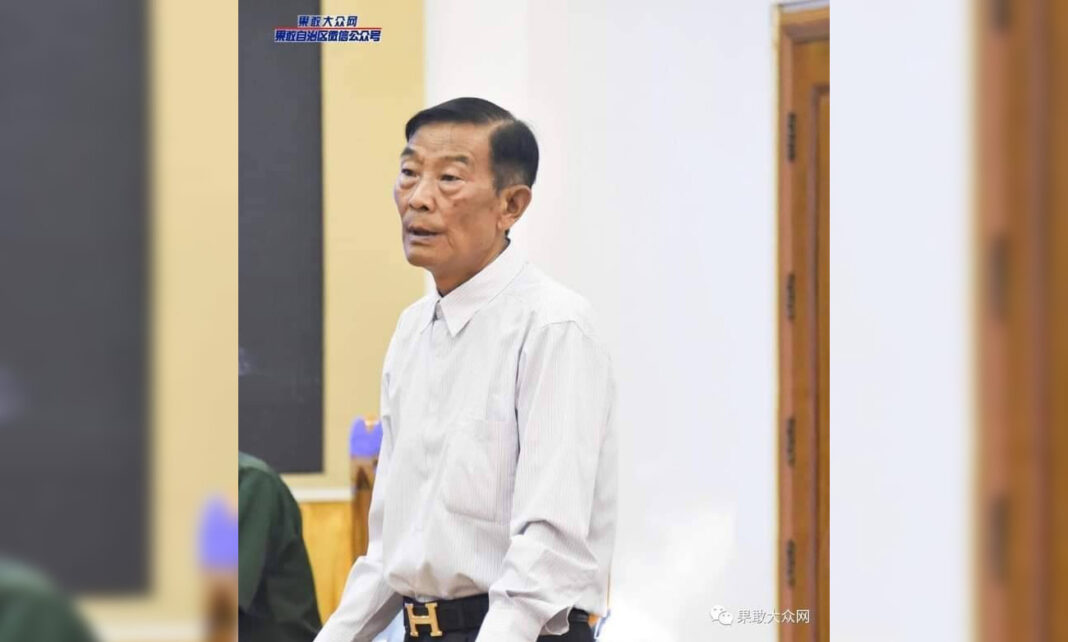
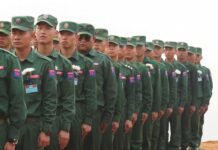
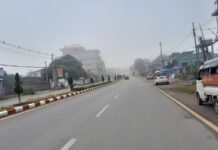

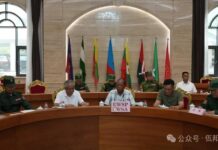
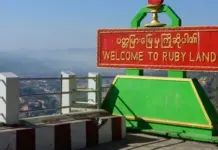






Leave a Comments